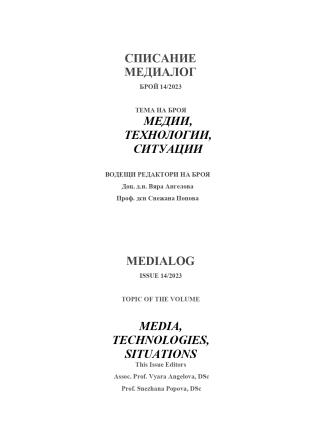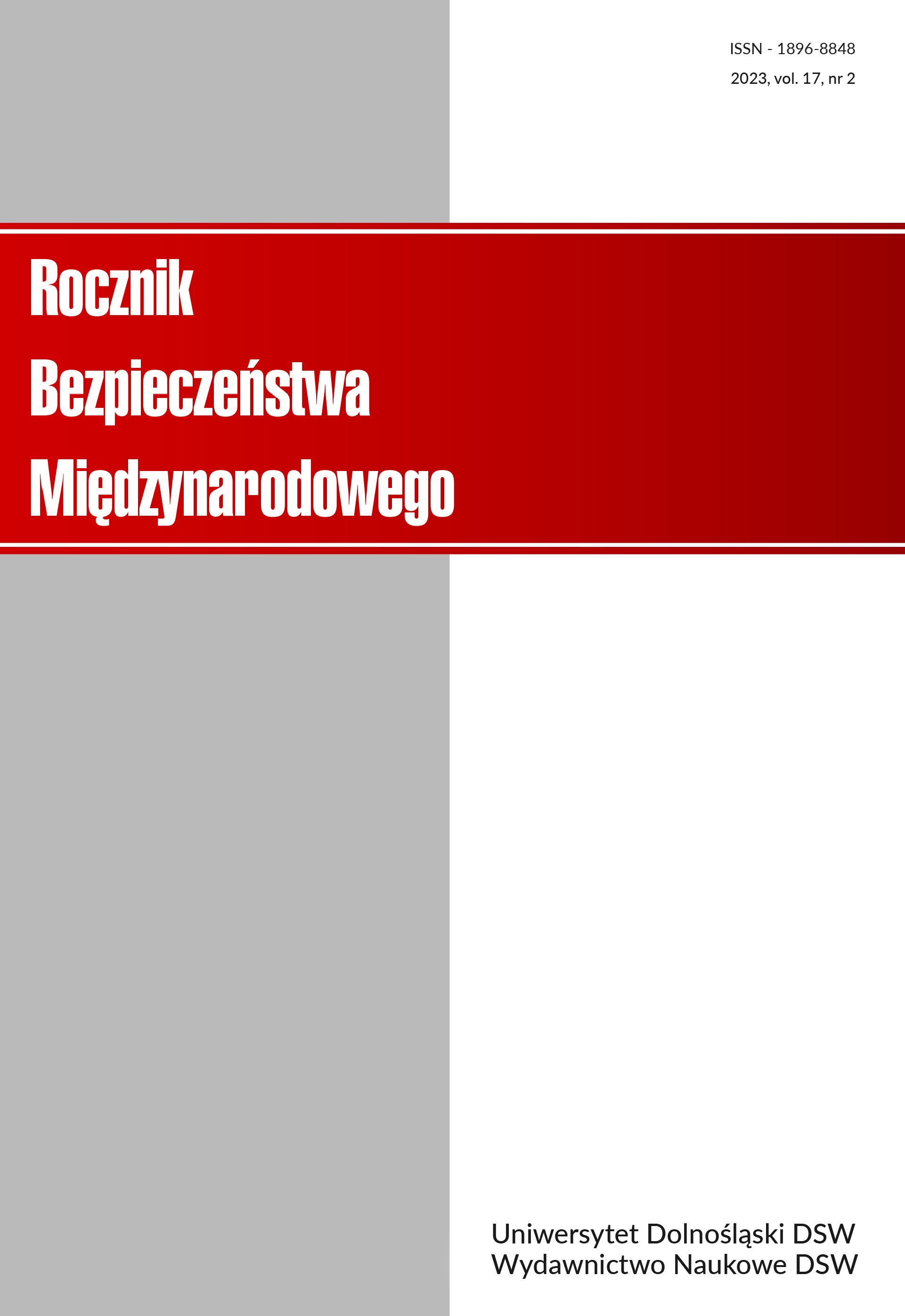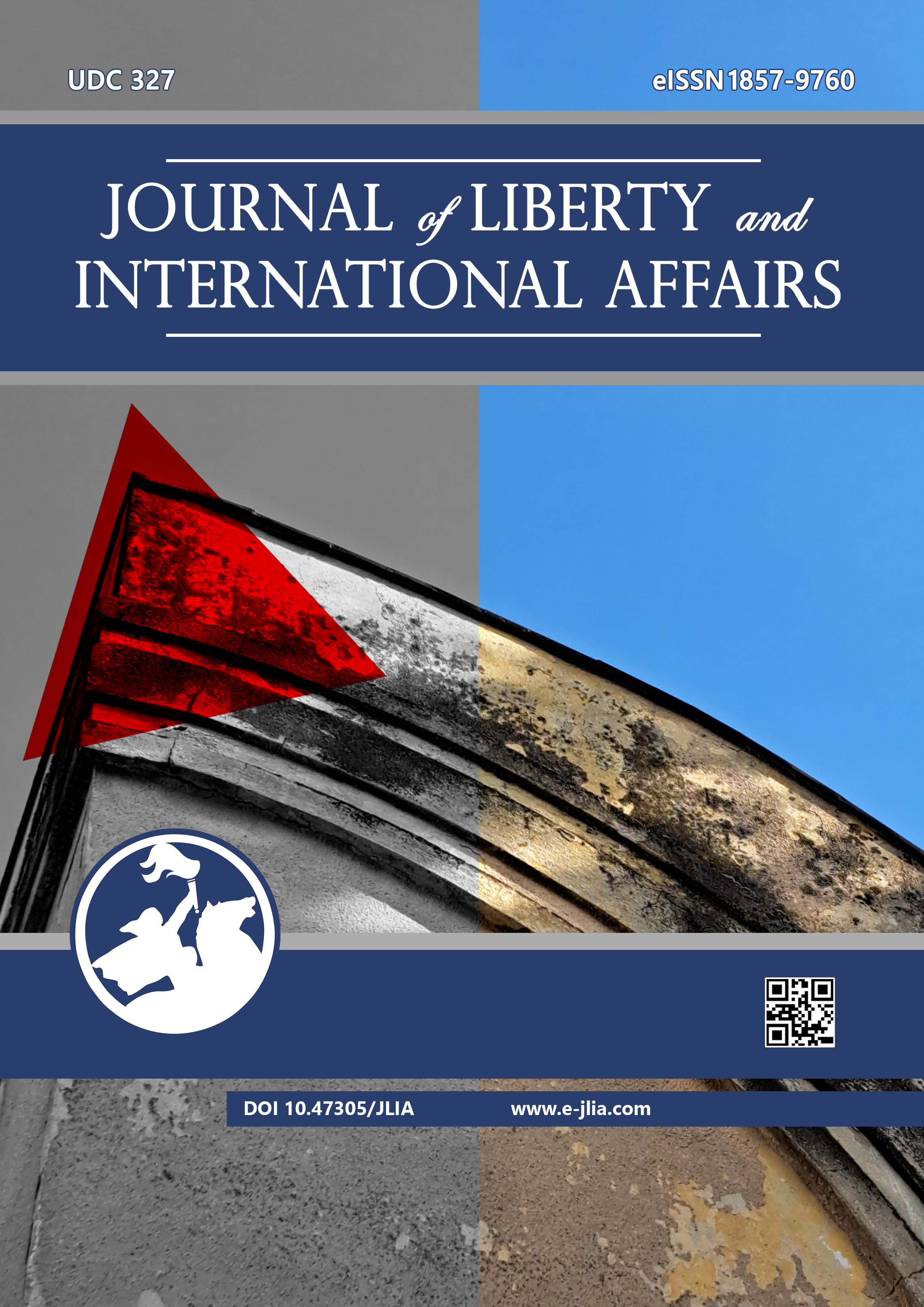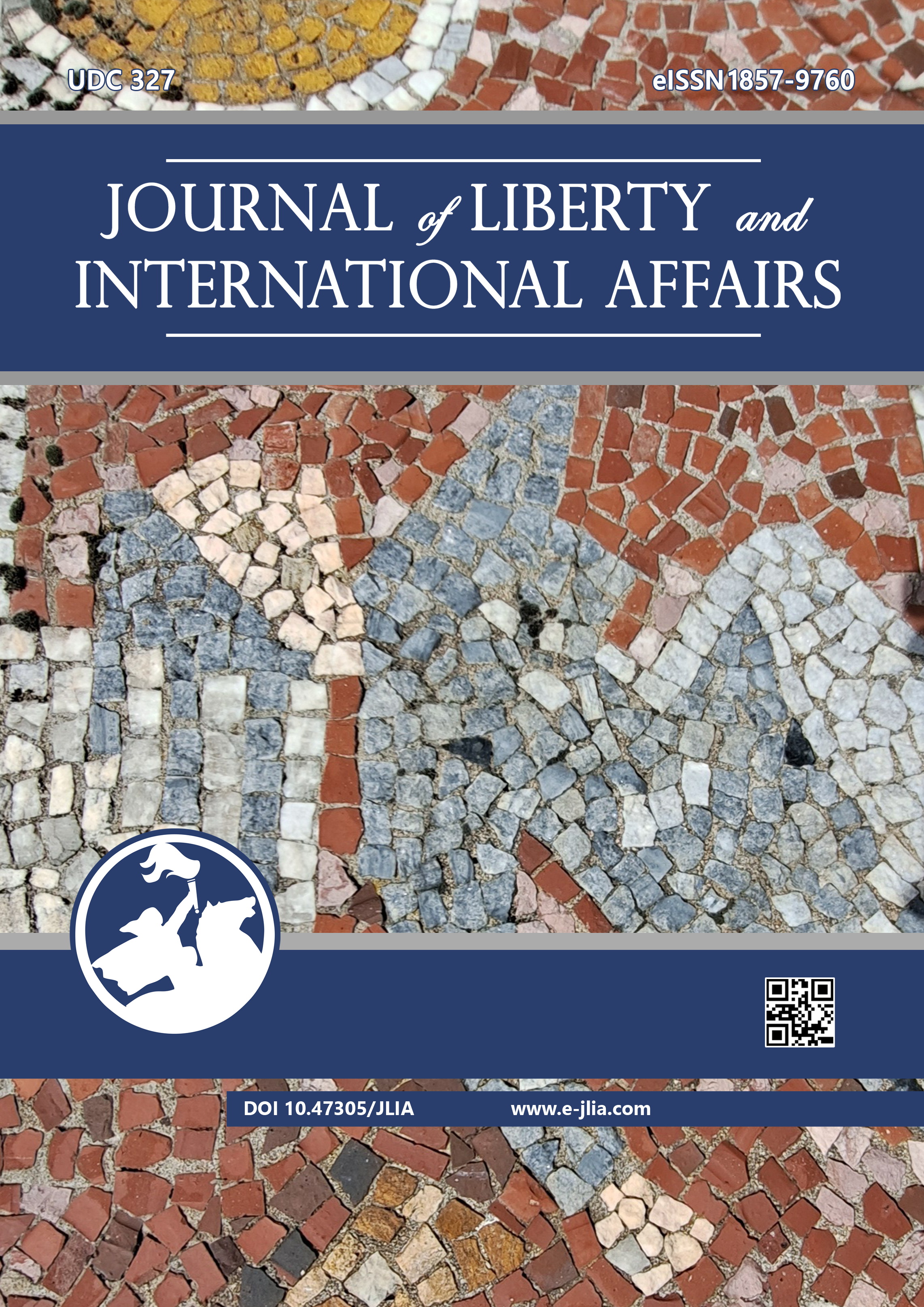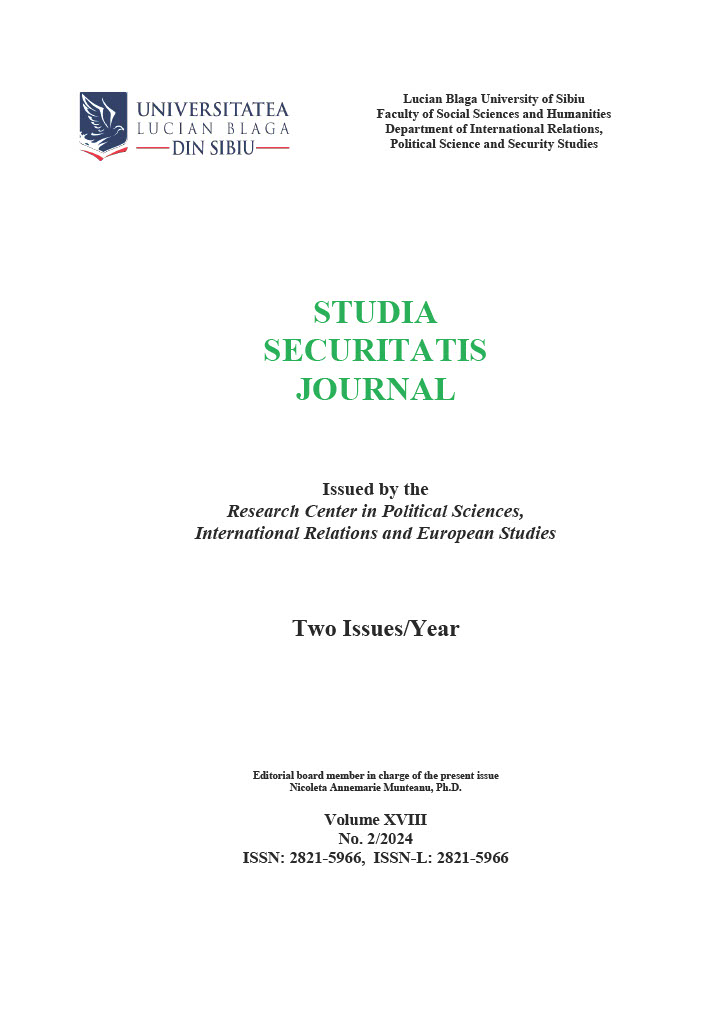
SEASONAL WORKERS BEFORE THE COVID-19 ERA: ANALYSIS OF THE LEGISLATION WITHIN THE CONTEXT OF EASTERN EUROPE
This paper analyzes the phenomenon of the seasonal workers in Europe before the Covid-19 pandemic and discusses the legislation for intermediation job intermediation agencies in several East European countries such as Bulgaria, Romania and Poland. Additionally we discuss the typical patterns for seasonal migration in European context. We also analyze the situation of seasonal workers in Scandinavia (the berry picking activity in Sweden), in Spain (the orange picking in the Mediterranean regions) as well as the Ukrainian seasonal workers in some of the Visegrad-4 countries (Poland, Czech Republic and Slovakia). Finally, we briefly discuss some novel approaches which might be used as regulation mechanisms.
More...


